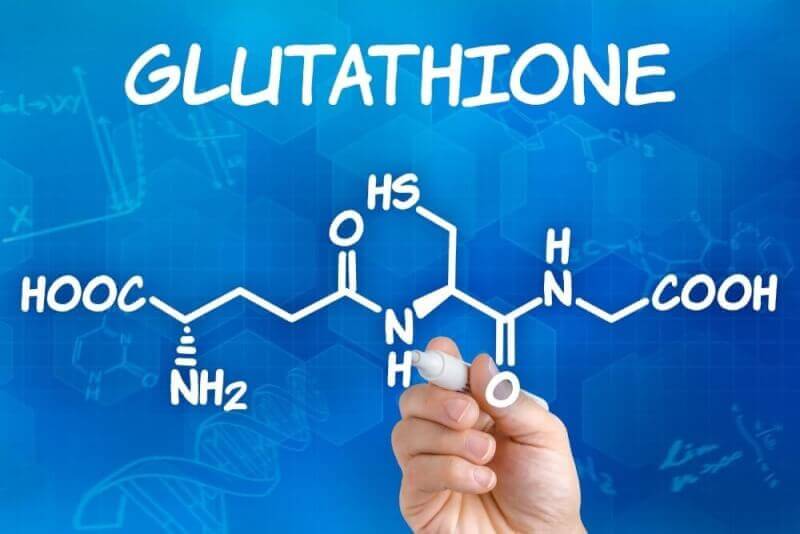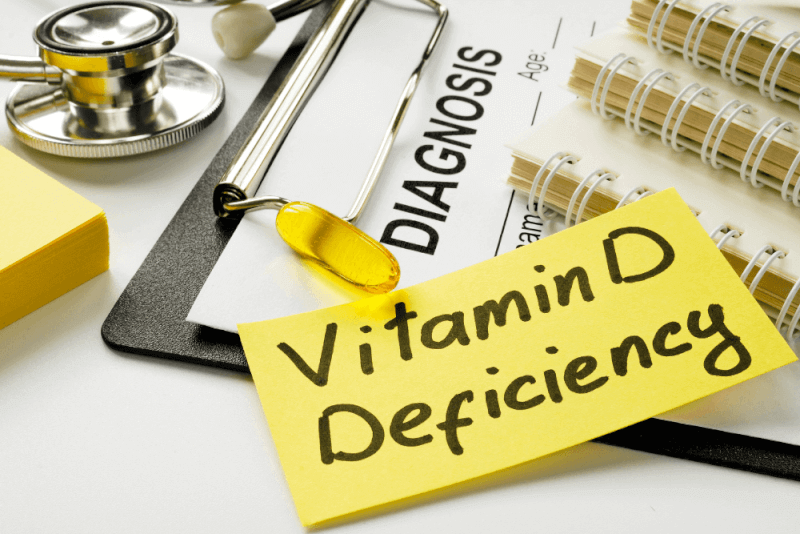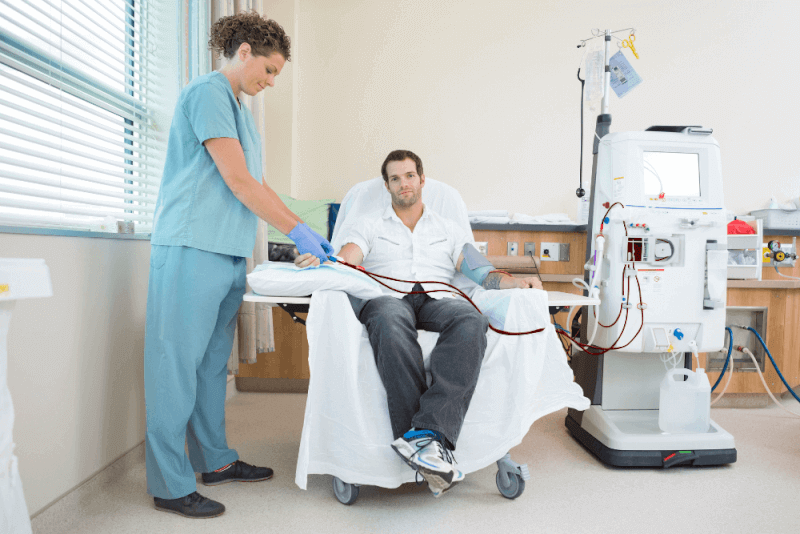Glutathione therapy
If glutathione deficiency is observed, treatment can be applied in various ways. With these treatments, it is possible to increase the amount of glutathione in the body. Since glutathione contains high amounts of sulfur molecules, consuming foods with high sulfur content will naturally support glutathione production. In addition, there are glutathione supplements that can be taken under the supervision of a doctor to support the body's natural functioning and the amount of glutathione that does not reach sufficient levels with food.
Tablets, serum and nebulizers can be used to administer the most suitable supplement for the individual. Dosage is adjusted depending on the glutathione deficiency seen in the person. In general, the use of 500 mg of glutathione within 2 months is known to increase the level found in the body. However, since the needs of each patient are different, the most accurate dosage application is made by experts.
Glutathione deficiency symptoms
Glutathione deficiency is usually asymptomatic and glutathione levels are not measured in general health screening tests. However, there are symptoms that some people may experience if their glutathione levels drop significantly.
These symptoms do not provide a definitive diagnosis of glutathione deficiency. For this reason, a doctor's check-up is necessary for a diagnosis. Symptoms that can be seen in people with glutathione deficiency include the following.
- Slow healing wounds
- Fatigue
- Lack of concentration
- Low energy
- Memory problems
The dangers of taking glutathione intravenously
Trying to naturally raise the level of glutathione in the body does not cause any harm. On the other hand, glutathione supplements are not recommended for everyone. Among the risks that may occur if a person receives glutathione-raising therapy when they are not suitable for it are the following.
- Allergic reactions
- Bloating
- Shortness of breath
- Abdominal cramps
In addition to these side effects, taking high amounts of glutathione supplements causes a decrease in zinc levels in the body. Decreased zinc levels in the body cause many different health problems, especially the inability of the immune system to fulfill its normal functions. For this reason, it is extremely important to take glutathione supplements under the supervision of a doctor.
How to take glutathione supplements?
Glutathione supplements are given in different ways. Some of these methods are preferred for their ease of use, while others are preferred because they have a higher absorption rate. Among the glutathione supplement forms that can be recommended for people with glutathione deficiency are the following.
Capsule
The most popular form of glutathione supplements are capsules and oral supplements. Capsule forms, which are frequently preferred for their convenience, are extremely effective in increasing GSH levels.
On the other hand, the absorption of glutathione used in capsule form is limited. Tablet glutathione supplements are absorbed differently from IV glutathione. Because glutathione supplements used orally are broken down in the stomach before reaching the bloodstream.
This process results in less absorption. In addition, a number of individual factors contribute to the limitation of glutathione absorption
Liquid
Liquid glutathione supplement, also called liposomal glutathione, is so named because it contains a libosome, a phospholipid layer very similar to the human cell membrane.
These lipids in liquid glutathione ensure that the substance in it does not dissipate until it reaches the blood plasma. In this way, glutathione is absorbed directly into the bloodstream, resulting in a high absorption rate.
Inhaled
Nebulized glutathione is often used to counteract the effects of acute respiratory syndrome as well as health conditions affecting the upper and lower respiratory tract, including Covid 19. It is applied through a mask that covers the mouth and nose.
Topical
One of the methods of application of glutathione is topically applied creams or lotions.
These water-based solutions push glutathione directly into the blood cells, making it immediately available, and are also popular as color lightening products. Because topical glutathione significantly reduces the melanin index.
Intranasal glutathione
Glutathione supplementation can be used as a spray for the nose to treat various conditions such as allergies sinusitis, fatigue and Lyme disease.
In addition to providing improvement in symptoms, intranasal glutathione applications, which are easy to use, are subject to adverse side effects such as asthma attacks and brochial constriction in asthma patients.
Serum
Glutathione supplements in serum form are given in clinics under the guidance of a doctor or under the supervision of a registered nurse. These supplements in serum form ensure complete absorption in the body. Complete absorption does not mean that the body will use all the glutathione given.
Because the body will only use the amount it needs and will excrete the rest. Vitamin C should be used afterwards to ensure more glutathione absorption.
Injection
Glutathione injections offer similar bioavailability and absorption rates to serum therapy because they are injected into muscle or adipose tissue. Treatment usually starts with 1 to 3 injections per week and results are seen after 4 injections.
Glutathione injections help detoxify organs including the intestines, kidneys, liver and lungs. In addition, it helps to prevent the signs of aging by helping to defend against free radicals that can damage the skin.
Which diseases is glutathione good for?
Among the diseases and health problems in which glutathione supplementation is effective are the following.
- Aging
- Chronic diseases
- Cancer
- Dementia
- Cardiovascular diseases
- Supporting the immune system
- DNA formation and repair
- Revitalization of vitamins C and E
- Metabolizing toxins
- Break down free radicals
- Supporting the liver and gallbladder to break down fats
- Lyme disease
- Asthma
- Alzheimer's
- Osteoarthritis
- Parkinson
- High cholesterol
- Chronic fatigue syndrome
- Colitis
- Vascular occlusion
- Disorders caused by alcohol consumption
- Cataract
- Liver diseases
- Diabetes
- Hepatitis
- Glukom











